“Now we’re cooking with gas!”, they used to say – a quote from a North Sea gas advert years ago. Cooking with an induction hob is the way to go now though, to save energy and CO2 emissions.
Induction hobs generate heat in the pan – no heat is produced unless a pan is on the hob. They generate a strong, fluctuating electro-magnetic field under the hob which induces a heat-generating current in any magnetic* material (e.g. a pan) sitting on the hob
No fossil gas is required, which actually emits huge amounts of energy that’s not used, i.e. is an inefficient use of power, and emits lots of carbon dioxide and heats up the Earth.
Induction hobs have a rapid response time and rapid heat production – they are twice as fast to boil a pan of water as gas.
The ‘barely on’ setting works well for very low temperatures.
There are a couple of points to remember: stay 75cms away if you have a pace-maker, and if you like your wok, woks are difficult, but there are special wok-shaped induction hobs for use in oriental noodle bars.
The price to buy: about £200 for a decent induction hob.
The price to run: an induction hob costs around £25 per year to run, while a gas hob costs around £40-£60 per year, depending on usage, according to the Energy Saving Trust.
More Info
* Materials that can be magnetized, which are strongly attracted to a magnet, are called ferromagnetic. These include the elements iron, nickel and cobalt and their alloys, some alloys of rare-earth metals, and some naturally occurring minerals such as lodestone.
Which?: Induction hobs don’t work on some pots. https://www.which.co.uk/reviews/hobs/article/best-induction-hobs-aEj3K2b1pZI4
Another overview: https://www.propertylondon.co.uk/advice/induction-vs-gas-hobs-running-costs/

